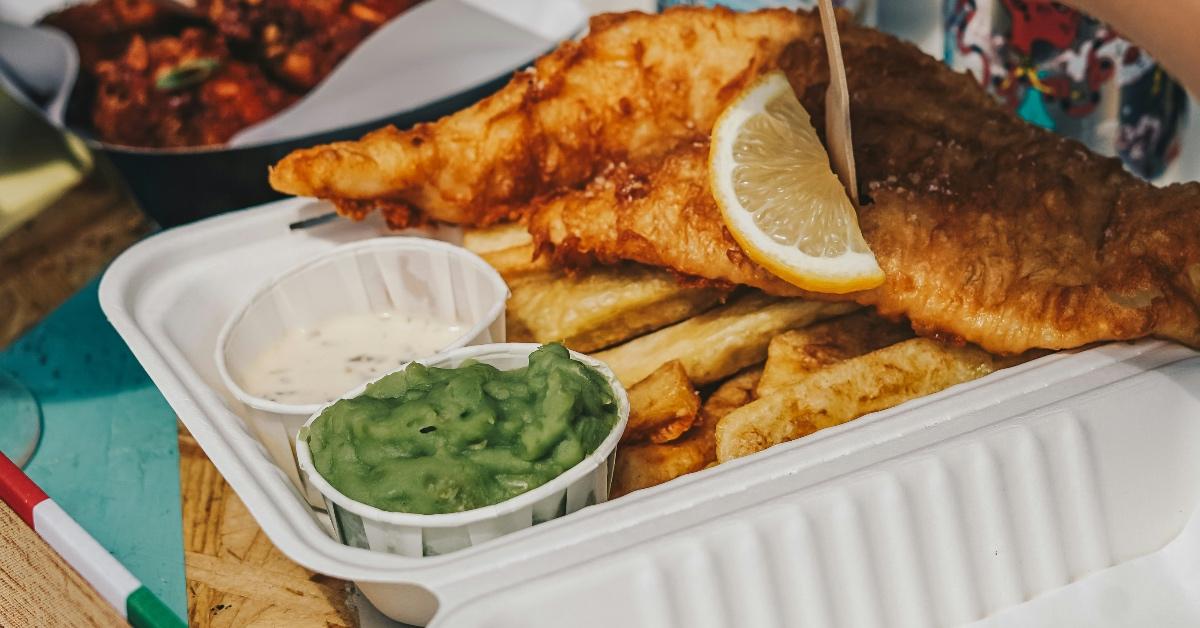Study Claims Eating Hot Food Stored in Plastic Takeout Containers May Increase Risk of Heart Failure
You may look at those plastic takeout containers differently after reading about this study.
Published Feb. 13 2025, 2:30 p.m. ET

Plastic takeout containers have been a staple for many places that offer takeout services. These containers have lids that can be securely placed, ensuring that your food won’t spill while it’s in transit. They also allow people to neatly stack multiple items, making it more efficient to get freshly made food from the kitchen to your table.
However, a December 2024 study claims that there may be some unexpected health risks associated with the use of plastic takeout containers, especially when used with hot foods. According to the findings, people may be at an increased risk of heart-related issues as a result, raising questions about the public’s continued use of these devices.
You can find out more about the study, including how to lower your risks, below.

A study conducted by Chinese researchers uncovered some health risks associated with using plastic containers for hot food.
The study was published in Ecotoxicology and Environmental Safety and addressed the connection between consuming foods stored in plastic containers and heart disease. “The data revealed that high-frequency exposure to plastics is significantly associated with an increased risk of congestive heart failure,” the study’s authors shared in their report.
This is especially true of plastic used to store hot food, which researchers claim elevates the amount of chemicals leached from the plastic containers and into the food. They say that this leaching can cause inflammation of the circulatory system, which they believe is caused by the gut biome being changed by the chemical exposure.
To complete their research, scientists used plastic containers to hold boiling water for 15 minutes before giving the water to rats. They then analyzed stool samples from the rats, where they found several surprising changes.
Study researchers also conducted tests on the rats' heart muscles, where they discovered notable damage.
The study was performed on rats, so the researchers aren’t yet able to verify the exact reactions that human subjects would have.
This also highlights why animal testing can be problematic since it can subject animals of all shapes and sizes to unnecessary emotional and physical trauma without any guarantee that the results obtained from the testing will be relevant to human health.
You can avoid plastic exposure by making certain swaps in your daily life.
While the research didn’t identify which chemicals were being leached into the food, according to The Guardian, there are several suggestions for reducing plastic exposure, thus limiting exposure to these chemicals. They include keeping plastic out of the microwave while cooking, and avoiding plastic containers for storing anything hot.
Additionally, The Guardian notes that there are some other bigger swaps that people can make to reduce the amount of plastic they use on a day-to-day basis, which include switching out plastics — like disposable utensils and food storage solutions — for those made of glass, stainless steel, or even wood.
If you’re dying to pop into your favorite takeout place on your way home from work, The Guardian further suggests bringing your own containers with you when you stop so that you can immediately switch your food out of the plastic containers and into a glass or metal one instead.
